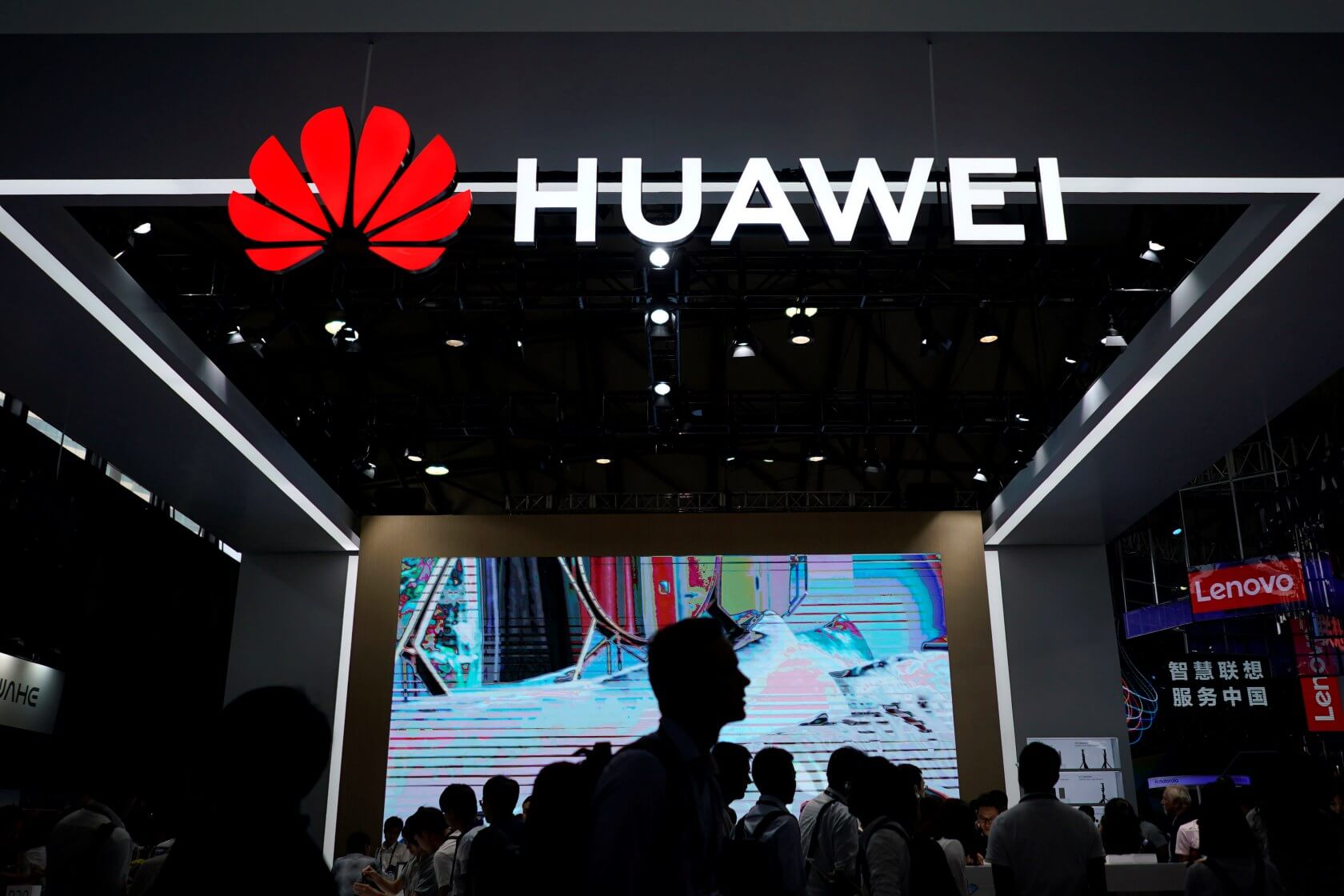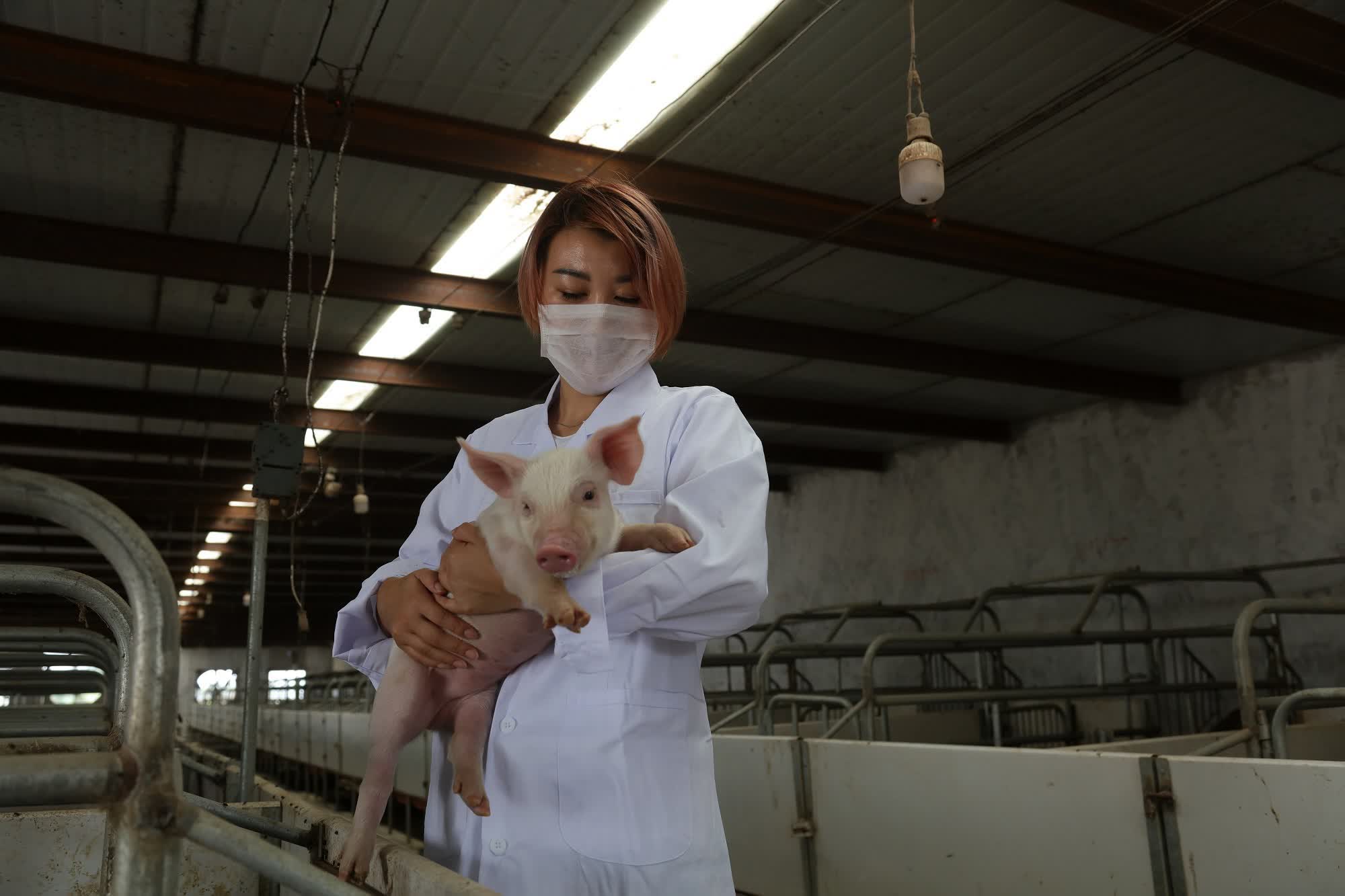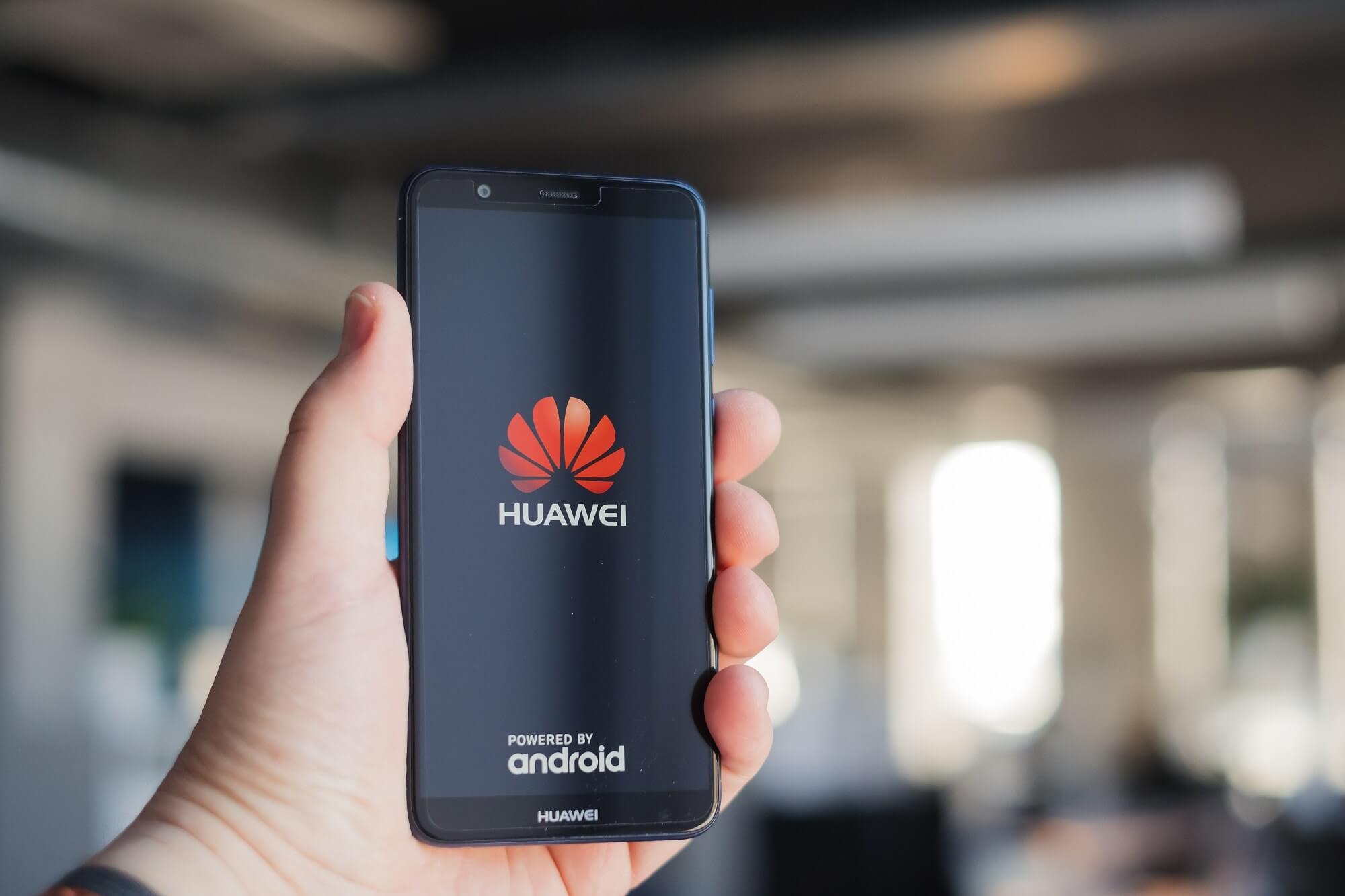In context: It's been over three years since the Donald Trump administration placed Chinese tech firm Huawei on an export blacklist, and the company continues to feel the impact as revenue fell again in the first half of 2022. The one bit of good news for Huawei is that the speed of its decline has slowed slightly as it broadens the scope of its business.
As per the SCMP, Huawei reported revenue of 301.6 billion yuan, or around $44.7 billion, for the first half of 2022, marking a 5.9% year-on-year drop. That's an improvement over the first quarter results, which saw revenue down 13.9% YoY. Its profit margin declined to 5%, dropping by almost half compared to H1 2021. Huawei said the results are "in line with forecasts."
In the middle of May 2019, with US-China trade war tensions rising, Donald Trump declared a national emergency that effectively banned US companies from buying and using telecoms equipment from "foreign adversaries." Following the announcement of the order, the Commerce Department revealed that Huawei and 70 affiliates had been added to the Bureau of Industry and Security (BIS) Entity List.

Being unable to access American-made technology or deal with companies that use US tools or designs, including TSMC, was a massive blow to a firm that was once the world's largest smartphone vendor. It can't even ship handsets with Android or Google's suite of apps pre-installed anymore. As such, the company's consumer division, which covers smartphones, saw revenue dip 25% YoY.
Huawei recorded its first-ever quarterly revenue decline in Q4 2020 and was forced to sell its Honor division so the budget phone maker could avoid the sanctions. This was soon followed by the company's largest ever revenue drop.
Huawei's share of the smartphone market in both China and the rest of the world continues to shrink, though its enterprise business, which covers cloud computing, software, and other services, did experience revenue growth, rising 28%.
"While our device business was heavily impacted, our ICT [information and communications technology] infrastructure business maintained steady growth," Ken Hu, Huawei's rotating chairman, said in a statement.

Huawei has also been expanding into other areas, from the more traditional wearables and smart cars to less familiar industries, such as coal mining and pig farming.
Masthead: Karlis Dambrans; center image by Yuangeng Zhang
